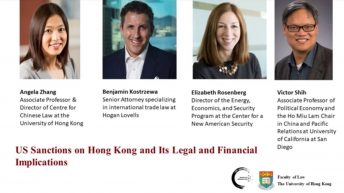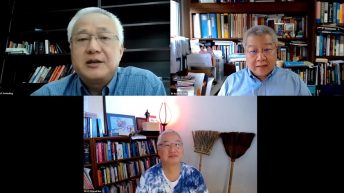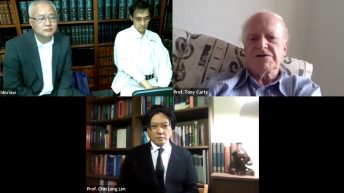Date: 08Apr 2022
Introduction:
Set in the aftermath of China’s entry into the World Trade Organization, Disaggregating China, Inc. questions the extent to which the liberal internationalist promise of membership has been fulfilled in China. Yeling Tan unpacks the policies that various Chinese government actors adopted in response to WTO rules and shows that rather than disciplining the state, WTO entry provoked a divergence of policy responses across different parts of the complex party-state. Tan argues that these responses draw from three competing strategies of economic governance: market-substituting (directive), market-shaping (developmental), and market-enhancing (regulatory). She uses innovative web-scraping techniques to assemble an original dataset of over 43,000 Chinese industry regulations, identifying policies associated with each strategy. Combining textual analysis with industry data, in-depth case studies, and field interviews with industry representatives and government officials, Tan demonstrates that different Chinese state actors adopted different logics of adjustment to respond to the common shock of WTO accession. This policy divergence originated from a combination of international and domestic forces. Disaggregating China, Inc. breaks open the black box of the Chinese state, explaining why WTO rules, usually thought to commit states to international norms, instead provoked responses that the architects of those rules neither expected nor wanted.
Speaker:
Dr. Yeling Tan is an Assistant Professor of Political Science at the University of Oregon, and a non-resident scholar at the UC San Diego 21st Century China Center. She is also a Public Intellectual Fellow with the National Committee on U.S.-China Relations. Her research interests lie at the intersection of international and comparative political economy, with an emphasis on China and the developing world.
Discussant:
John Liu is an Associate Professor at the University of Hong Kong Department of Law. His interests include the role of the courts and judicial behavior, as well as law and development. He uses the methods of the data sciences and economics to study these topics. His present research projects include work that takes advantage of large dataset of judicial opinions in China to analyze and predict judges’ decisions and public reactions; using statistical methods to estimate judicial transparency in China; studying law and development with a combination of court data and economic data in China; and performing experimental studies to reveal the hidden behavioral patterns of judges. As a legal scholar who uses AI and big data in research, his interests also extend to the emerging role of AI and big data and their regulation. His work has appeared in a number of academic journals that specialize in law and in China studies, including Journal of Legal Studies, Journal of Legal Analysis, Journal of Empirical Legal Studies, International Review of Law and Economics, American Journal of Comparative Law, and China Quarterly. He teaches business law and economic regulations, law and economics, empirical studies of law, and law and data sciences.
Chair:
Dr. Angela Zhang, Director of the Centre for Chinese Law at the University of Hong Kong




